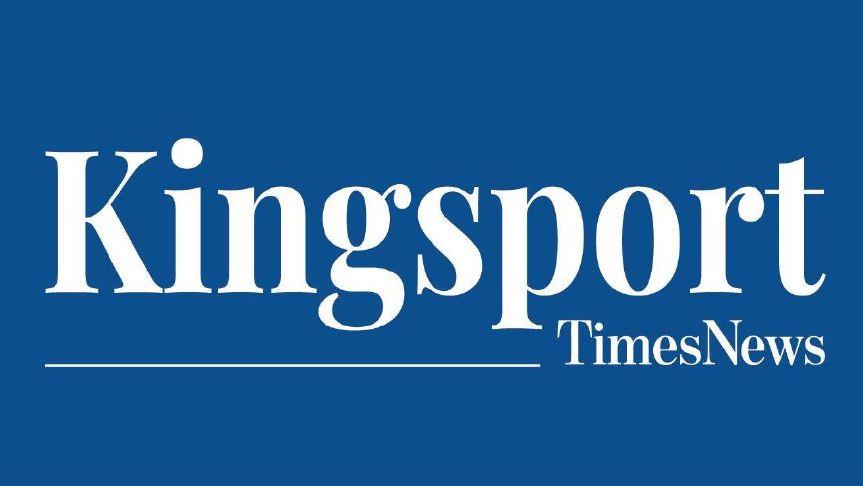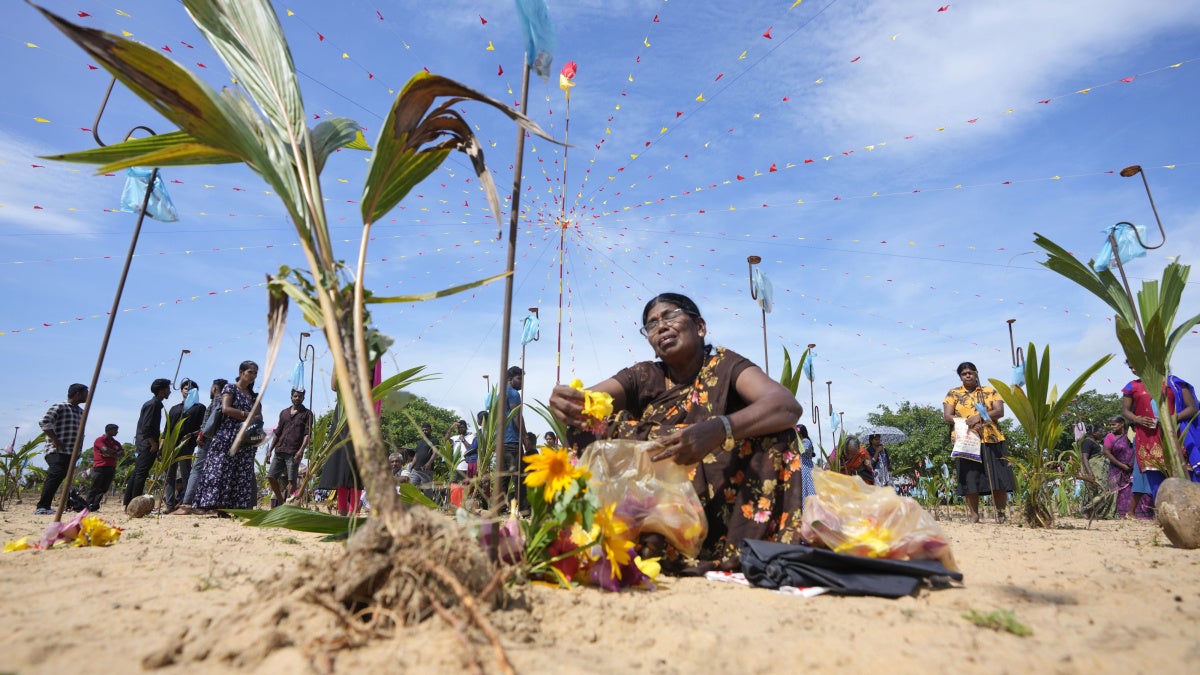Congo Brazzaville Catholic Bishops Encourage Youth Formation to Build a Just, Peaceful Society – aciafrica.org

Report on the Episcopal Conference of Congo’s Call for Societal Development Aligned with Sustainable Development Goals
Emphasis on SDG 4: Quality Education through Collective Responsibility
The Episcopal Conference of Congo (CEC) has issued a statement underscoring that the successful implementation of robust educational policies is a collective responsibility. This aligns directly with the collaborative spirit of the Sustainable Development Goals, particularly SDG 4 (Quality Education) and SDG 17 (Partnerships for the Goals). The CEC identified several key stakeholders essential to this mission:
- Apostolic and general workers
- Civil and political authorities
- Parents and teachers
- Ordinary citizens
Citing the proverb, “it takes a whole village to educate a child,” the Bishops framed quality education as a foundational element for societal progress, requiring a multi-stakeholder partnership to ensure inclusive and equitable learning opportunities for all.
Fostering SDG 16: Peace, Justice, and Strong Institutions
A central theme of the message was the critical need to build a peaceful and just society, a core objective of SDG 16 (Peace, Justice and Strong Institutions). The Bishops outlined a framework for action targeting various societal groups:
- Political Leaders: Urged to manage public affairs in politics and economics with integrity, viewing their duties as a “charity mission.” This call for accountable governance is fundamental to achieving justice and peace.
- Apostolic Movements: Invited to provide clear, gospel-rooted perspectives on social and political issues, contributing to informed and ethical public discourse.
- Citizens: Reminded of their mission to be “the salt of the earth and the light of the world” by actively participating as “artisans of peace and justice.”
The overarching goal is the establishment of a “fraternal society, peaceful, based on justice and solidarity,” which directly supports the targets of SDG 16.
Youth Engagement for Sustainable Futures
The CEC directed a specific appeal to young people, identifying them as crucial agents for achieving a sustainable future. This focus intersects with several SDGs, including SDG 4 (Quality Education), SDG 8 (Decent Work and Economic Growth), and SDG 16.
Key Messages for Youth:
- Role as Agents of Change: Young people were addressed as “bearers of this new hope,” embodying principles of communion, participation, and mission.
- Warning Against Societal Risks: They were urged to resist negative influences such as drugs and banditry, which are significant barriers to personal development and societal stability.
- Call to Positive Action: The youth were encouraged to become “evangelizers of your environment” and contribute to building a cohesive Church and society “without rivalry.”
Promoting Human Dignity and Societal Cohesion
The report concluded by linking evangelization efforts to the broader development goal of human dignity, a principle that underpins the entire 2030 Agenda, especially SDG 10 (Reduced Inequalities). The Bishops emphasized that their mission cannot be separated from the “promotion of the family and the dignity of the person.” This holistic approach calls on all individuals to become “messengers and builders of hope,” reinforcing the idea that sustainable development is an inclusive project rooted in justice, solidarity, and respect for every person.
Analysis of Sustainable Development Goals in the Article
1. Which SDGs are addressed or connected to the issues highlighted in the article?
-
SDG 4: Quality Education
- The article explicitly mentions the need for the “implementation of a good educational policy” and cites the proverb “it takes a whole village to educate a child.” This directly connects to the goal of ensuring inclusive and equitable quality education for all. The focus on youth formation and urging young people to resist negative influences also falls under the umbrella of holistic education.
-
SDG 16: Peace, Justice and Strong Institutions
- This is a central theme. The article repeatedly calls for building a “fraternal society, peaceful, based on justice and solidarity.” It urges citizens to be “artisans of peace and justice” and calls on politicians to manage public affairs well to “achieve justice and peace.” This aligns with the goal of promoting peaceful and inclusive societies, providing access to justice for all, and building effective, accountable institutions.
2. What specific targets under those SDGs can be identified based on the article’s content?
-
Under SDG 4 (Quality Education):
- Target 4.7: “By 2030, ensure that all learners acquire the knowledge and skills needed to promote sustainable development, including, among others, through education for sustainable development and sustainable lifestyles, human rights, gender equality, promotion of a culture of peace and non-violence, global citizenship and appreciation of cultural diversity and of culture’s contribution to sustainable development.”
- The article’s emphasis on youth formation to build a “just, peaceful society” and become “messengers and builders of hope” directly reflects the aim of this target, which focuses on education for peace, justice, and global citizenship.
- Target 4.7: “By 2030, ensure that all learners acquire the knowledge and skills needed to promote sustainable development, including, among others, through education for sustainable development and sustainable lifestyles, human rights, gender equality, promotion of a culture of peace and non-violence, global citizenship and appreciation of cultural diversity and of culture’s contribution to sustainable development.”
-
Under SDG 16 (Peace, Justice and Strong Institutions):
- Target 16.6: “Develop effective, accountable and transparent institutions at all levels.”
- The statement that “the greatest challenge to achieve justice and peace in Africa is to manage well the public affairs in the two connected domains of politics and economics” points directly to the need for effective and accountable governance, which is the core of this target.
- Target 16.7: “Ensure responsive, inclusive, participatory and representative decision-making at all levels.”
- The call for all members of society—”workers, apostolic workers, civil and political authorities, parents, teachers, and ordinary citizens”—to be involved in educational policy and for the “people of God to take their rightful place in society” implies a push for participatory and inclusive societal decision-making.
- Target 16.6: “Develop effective, accountable and transparent institutions at all levels.”
3. Are there any indicators mentioned or implied in the article that can be used to measure progress towards the identified targets?
-
For SDG 4, Target 4.7:
- The article implies a qualitative indicator: the existence and implementation of a “good educational policy” that involves all stakeholders (“the whole village”). Progress could be measured by the degree to which educational curricula and youth formation programs incorporate principles of peace, justice, and social responsibility.
-
For SDG 16, Target 16.6:
- An implied indicator is the quality of management of public affairs. While not a formal UN indicator, the article suggests that the effective and just administration of political and economic domains is a key measure of progress towards peace and justice.
-
For SDG 16, Target 16.7:
- The article implies an indicator related to civic participation. The call for citizens to be “artisans of peace and justice” and for apostolic movements to bring a “prophetic word…able to clarify social and political issues” suggests that the level of active and informed engagement of citizens and civil society in public life could be a measure of progress.
4. Table of SDGs, Targets, and Indicators
| SDGs | Targets | Indicators (Implied from the Article) |
|---|---|---|
| SDG 4: Quality Education | Target 4.7: Ensure all learners acquire knowledge and skills for promoting peace, justice, and sustainable development. | The existence and implementation of a “good educational policy” that involves all community stakeholders and promotes values for a just and peaceful society. |
| SDG 16: Peace, Justice and Strong Institutions | Target 16.6: Develop effective, accountable and transparent institutions. | The quality of management of “public affairs in the two connected domains of politics and economics.” |
| Target 16.7: Ensure responsive, inclusive, participatory and representative decision-making. | The level of active participation by citizens and civil society groups in social and political issues to act as “artisans of peace and justice.” |
Source: aciafrica.org
What is Your Reaction?
 Like
0
Like
0
 Dislike
0
Dislike
0
 Love
0
Love
0
 Funny
0
Funny
0
 Angry
0
Angry
0
 Sad
0
Sad
0
 Wow
0
Wow
0


















































































